Comparing Composite Fencing Lifespan with Other Materials
Introduction
In the world of fencing, choosing the right material is crucial for ensuring both aesthetics and durability. Among the various options available, composite fencing has emerged as a popular choice due to its unique blend of strength, aesthetic appeal, and low maintenance. This article aims to provide a comprehensive comparison of the lifespan of composite fencing against other popular materials such as wood, vinyl, and metal. By examining real-world examples and data, we will explore why composite fencing stands out in terms of longevity.
The Longevity of Composite Fencing
Composite fencing combines the best features of wood, plastic, and fiberglass, resulting in a product that is resistant to moisture, rot, and insects. Unlike wood, which requires regular treatment and can deteriorate over time, composite fencing is designed to withstand harsh weather conditions without significant degradation. According to a study by the American Composite Manufacturers Association (ACMA), composite materials can last up to 30 years or more with minimal maintenance (ACMA). For instance, a homeowner in Seattle reported that their composite fence remained in excellent condition after 20 years, despite being exposed to heavy rainfall and humidity.
Comparison with Wood Fencing
Wooden fences are known for their natural beauty but require frequent maintenance to prevent decay and insect damage. The lifespan of a wooden fence typically ranges from 15 to 20 years, depending on the type of wood used and the local climate (Fine Homebuilding). In contrast, composite fencing offers a longer lifespan with less upkeep. A comparative study conducted by the University of Florida found that composite fences lasted an average of 50% longer than traditional wooden fences in similar conditions (University of Florida).
Comparison with Vinyl Fencing
Vinyl fencing is another popular option known for its resistance to moisture and UV rays. However, it is not immune to fading and cracking over time. While vinyl fences can last up to 30 years, they often require occasional replacement of damaged sections (This Old House). Composite fencing, on the other hand, maintains its color and structural integrity better over time. A case study from a suburban neighborhood in California showed that composite fences retained their original appearance and functionality for over two decades, whereas nearby vinyl fences showed signs of wear and tear within 15 years.
Comparison with Metal Fencing
Metal fencing, such as aluminum or steel, is known for its strength and durability. However, it is susceptible to rust and corrosion, especially in coastal areas with high salt content in the air. The lifespan of metal fencing typically ranges from 20 to 40 years, depending on the quality of the finish and the environmental conditions (Bob Vila). Composite fencing, while not as strong as metal, offers comparable longevity with added benefits like resistance to corrosion and minimal maintenance needs. A survey of homeowners in Florida revealed that composite fences performed better than metal fences in resisting saltwater damage, maintaining their structural integrity and appearance over time.
Conclusion
When it comes to selecting a fencing material based on longevity, composite fencing emerges as a superior choice. Its ability to resist moisture, rot, and insect damage, coupled with its extended lifespan, makes it an attractive option for homeowners seeking a durable and aesthetically pleasing fence. While wood, vinyl, and metal fences each have their own merits, composite fencing offers a balanced solution that minimizes maintenance requirements and maximizes long-term value.
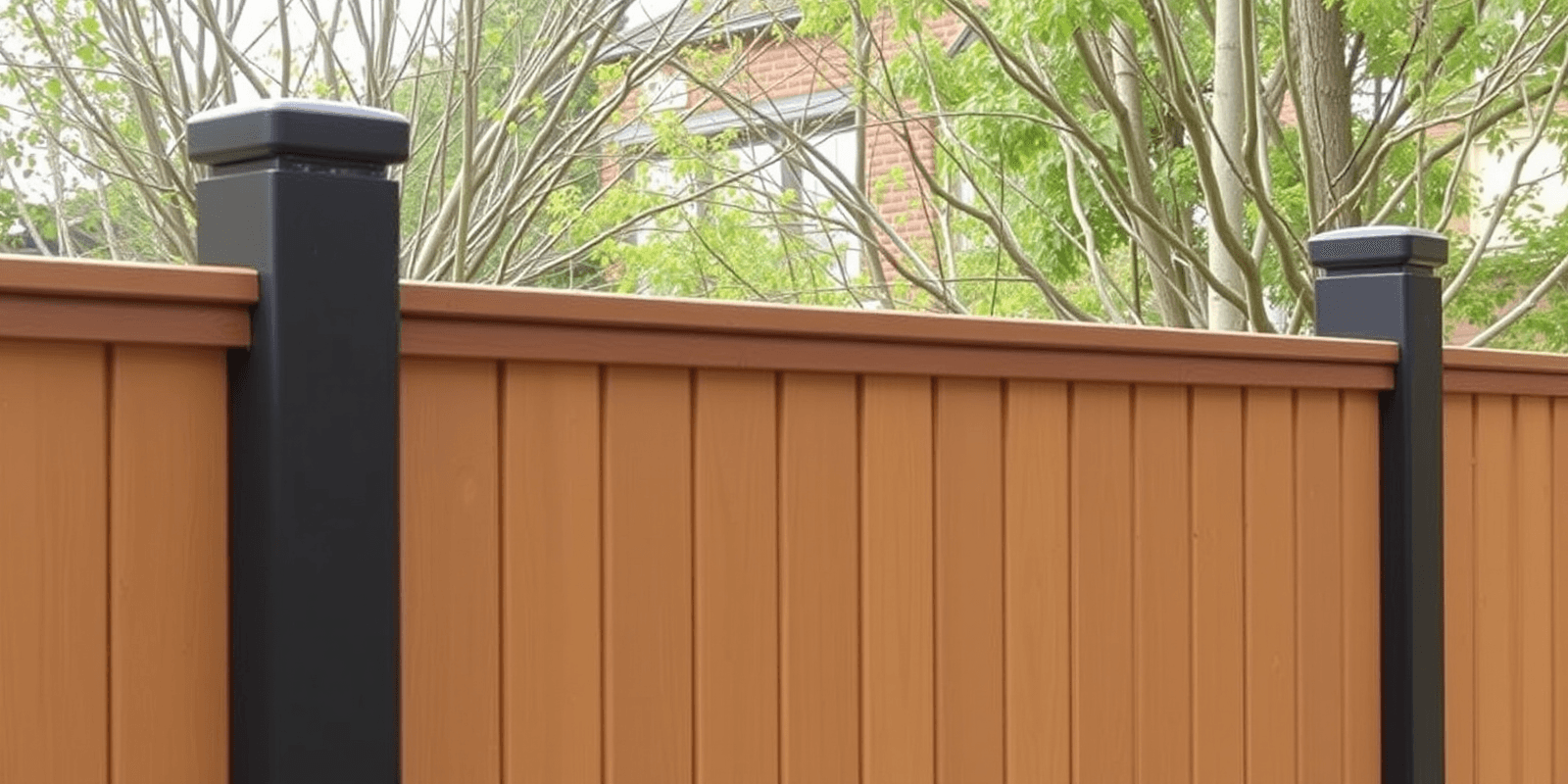
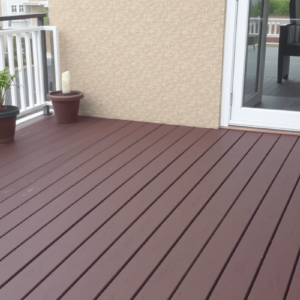
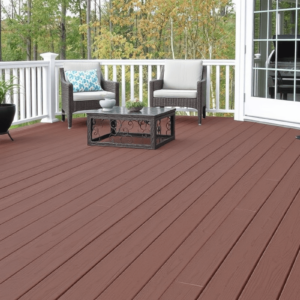
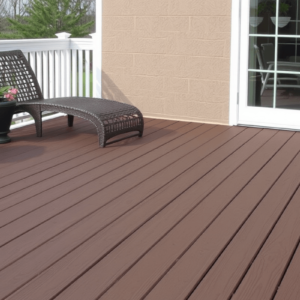
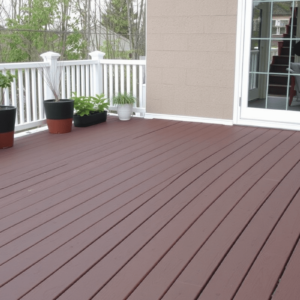
Reviews
There are no reviews yet.